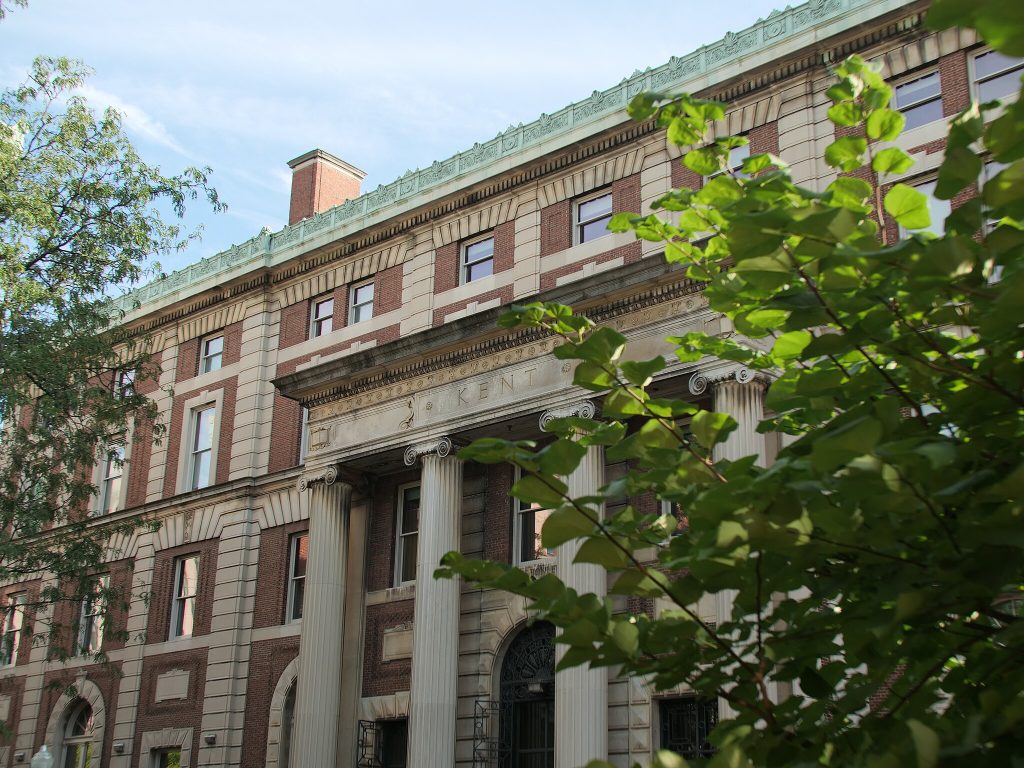Claire Shipman Faces Student Backlash During Commencement Speech
Others are reading now
Graduation ceremonies are usually filled with celebration, pride, and a sense of unity.
But this year’s commencement at Columbia University was anything but calm.
Students made their feelings known with loud protests that interrupted the event and sent a clear message, writes Unilad.
Acting President Claire Shipman walked on stage to give a speech. But she could barely speak.
Also read
Boos erupted as soon as she was introduced. The crowd of graduating students drowned her out.
The noise was so loud and constant that she could only manage a brief “thank you” before trying to continue.
Shipman eventually addressed the tension. She told the crowd, “I know that many of you feel some amount of frustration with me. And I know you feel it with the administration.”
The students kept booing. Some shouted. Others held signs or chanted. The situation grew more tense as the speech went on.
Students are angry at how the university handled pressure from the Trump administration.
In March, the government threatened to pull $400 million in federal funding.
Officials accused Columbia of allowing antisemitism on campus. In response, the university agreed to several changes.
It banned face masks on campus. It gave security more power to remove or arrest people.
It also took control of a department that teaches Middle East studies, moving it away from faculty leadership.
Many saw these moves as giving in to political pressure. Protests broke out earlier in the year over the war in Gaza.
Students were vocal about their support for Palestinians and criticized how the university responded.
During the speech, some students began chanting “Free Mahmoud.”
They were referring to Mahmoud Khalil, a Columbia graduate who was detained by immigration officials in March.
He had taken part in the protests. He is a legal U.S. resident and has not been charged with any crime.
The moment quickly spread online. Videos of the event were shared widely. Many praised the students for standing up.
Others compared Columbia to schools that resisted political pressure and defended student rights.


